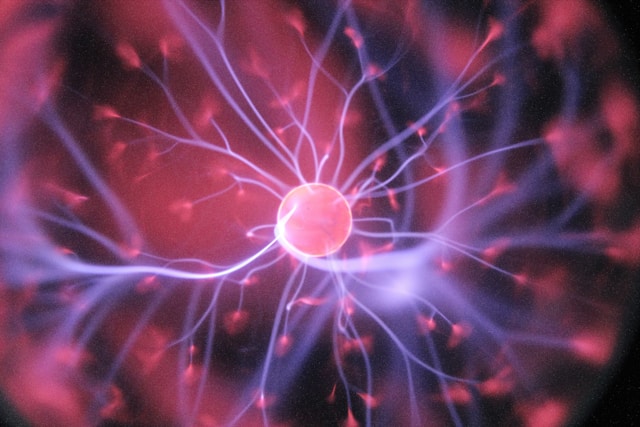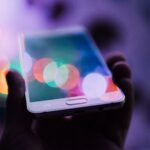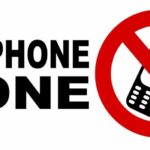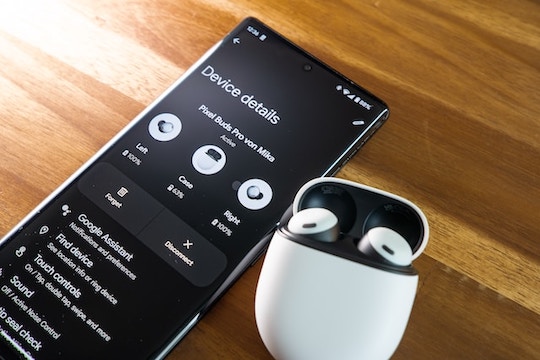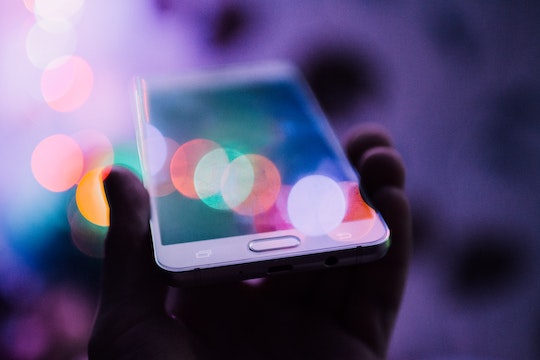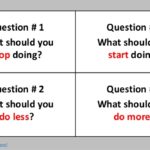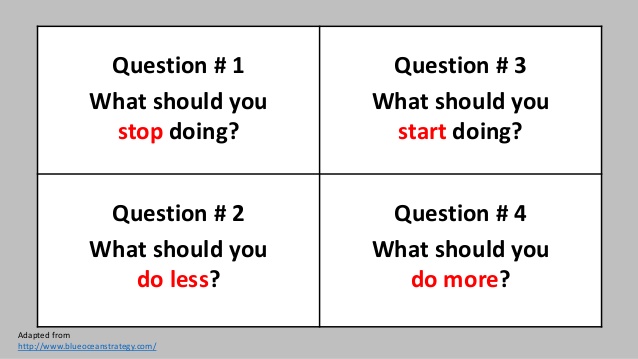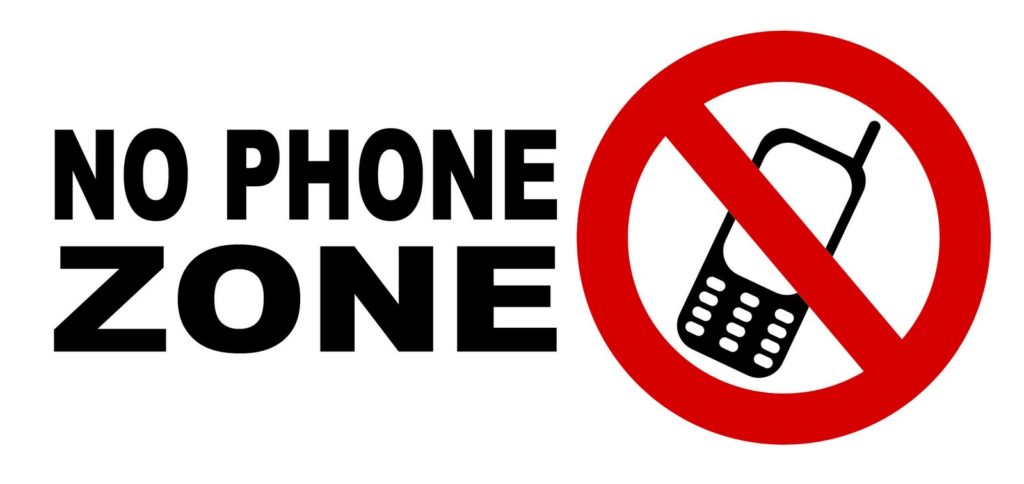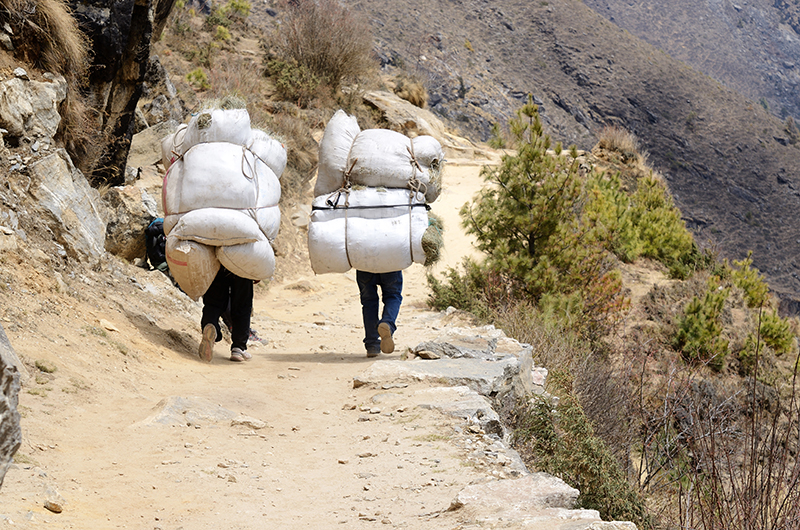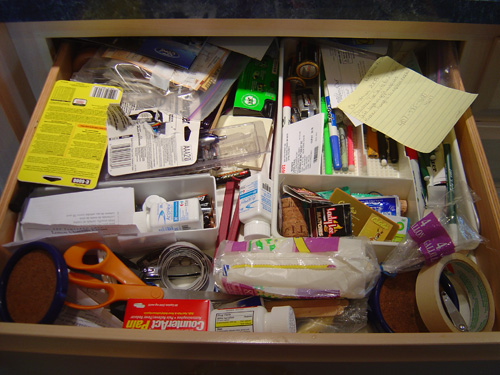“The trouble with having an open mind is that people will insist on coming along and trying to put things in it.”
—Sir Terence David John Pratchett OBE, late English author, humorist, and satirist
Over the years, I’ve seen the power of an open mind, but also its pitfalls.
While embracing new ideas can foster growth, it can also lead to distraction and lack of grounding. An overly open mind might stray from established principles, causing confusion and undermining progress.
It’s essential to keep a balance to remain receptive yet grounded, ensuring that new ideas and insights enhance, rather than disrupt, our core values and goals.
Just as when you put on a new piece of clothing or a pair of new shoes, consider taking a “Try It On” approach to make sure any new information or idea fits with who you are and who you want to be.
EXERCISE:
In what ways would greater discernment regarding keeping an open mind benefit your life?
Where would a “Try It On” approach aid you in making better choices and taking more effective actions in your life?

